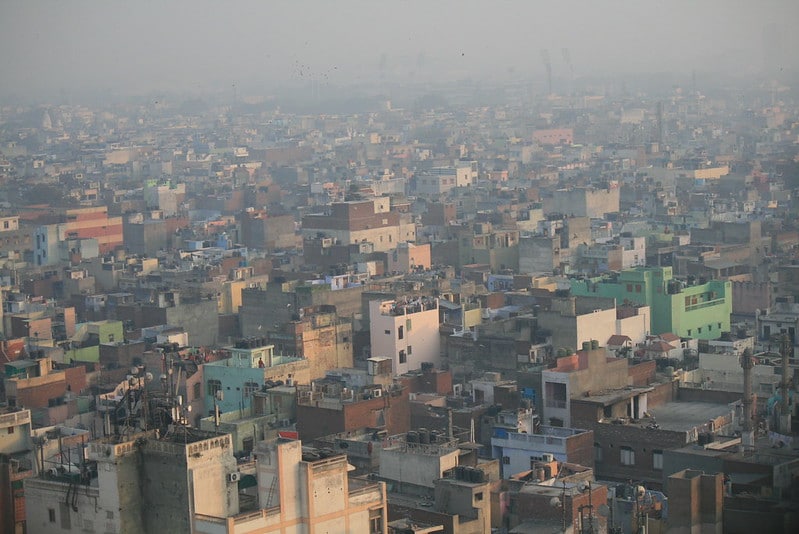Air pollution caused by the burning of fossil fuels such as coal and oil was responsible for 8.7 million deaths globally in 2018, one in five of all people who died that year, according to new research.
—
What is Happening?
- The new estimate, published in the journal Environmental Research, is double that of a major report conducted by the Lancet in 2019, which found 4.2 million annual deaths from air pollution. The new death toll estimate exceeds the combined total of people who die globally each year from smoking tobacco plus those who die of malaria.
- This new research uses a more detailed analysis of the impact of sooty airborne particles thrown out by power plants, cars, trucks and other sources. When inhaled, these particles lodge in the lungs and can cause a variety of health problems.
- Instead of solely relying on averaged estimates from satellite and surface observations that account for PM2.5 from a range of sources, the researchers used a global 3D model of atmospheric chemistry overseen by NASA that is more detailed and can distinguish between pollution sources. Karn Vohra, study co-author, says, “Rather than rely on averages spread across large regions, we wanted to map where the pollution is and where people live, so we could know more exactly what people are breathing.”
- From here, the researchers developed a new risk assessment based on new research that has found a much higher mortality rate from fossil fuel emissions than previously thought. Data was taken from 2012 and then also 2018 to account for rapid improvements in air quality in China. Deaths were counted for people aged 15 and older.
- The data found that China’s air quality is improving but its fine particle concentrations are still extremely high, the US is improving, although there are hotspots in the north-east, Europe is mixed and India is a hotspot. More than 1 in 10 deaths in both the US and Europe were caused by pollution, along with nearly a third in eastern Asia, including China. Death rates in South America and Africa were significantly lower.
You might also like: The Top 10 US Cities For ‘Green’ Transportation in 2020 Revealed
Neela Tummala, an ear, nose and throat physician at George Washington University School of medicine and Health Sciences, says, “We don’t appreciate that air pollution is an invisible killer. The air we breathe impacts everyone’s health but particularly children, older individuals, those on low incomes and people of colour. Usually people in urban areas have the worst impacts.”
Eloise Marais, study co-author, adds, “Fossil fuels have a really large impact upon health, the climate and the environment and we need a more immediate response. Some governments have carbon-neutral goals but maybe we need to move them forward given the huge damage to public health. We need much more urgency.”
- Pervasive air pollution from burning fossil fuels has been linked to heart disease, respiratory ailments and even the loss of eyesight. Without fossil fuel emissions, the average life expectancy of the world’s population would increase by more than a year, while global economic and health costs would fall by about USD$2.9trillion.
Featured image by: Flickr

















